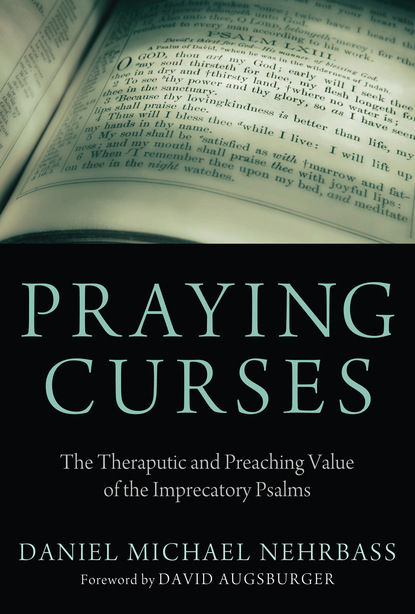
Praying Curses скачать fb2
Daniel Nehrbass - Praying Curses краткое содержание
Public reading of the psalms facilitates corporate worship, but it can also create a degree of awkwardness as a number of passages in the Psalter contain curses, asking God to avenge enemies. The presence of vengeful speech seems antithetical to Jesus' Sermon on the Mount. What are these psalms really about? This book recovers the value of imprecatory speech in Scripture, arguing that such passages continue to be relevant today, both in preaching and therapy. The interpretive model Nehrbass suggests is that of dependence: these psalms transfer the burden of one's enemies to God and affirm that it is God's prerogative alone to avenge. The authors of the imprecatory psalms were victims of violence, so this book looks to contemporary victims of violence for their interpretation and application of these psalms. This study is decidedly practical. Nehrbass examines the nature of anger and hatred and highlights some of the redemptive aspects of these emotions. He concludes that the imprecatory psalms offer several positive aspects for dealing with hatred. Use of these passages fosters in believers a passion for God's reputation and can also aid us in surrendering our problems to God's control.
Скачать книгу «Praying Curses» Daniel Nehrbass
Чтобы оставить свою оценку и/или комментарий, Вам нужно войти под своей учетной записью или зарегистрироваться



